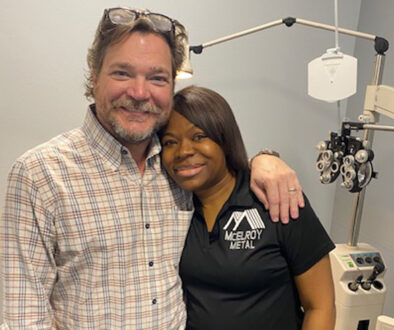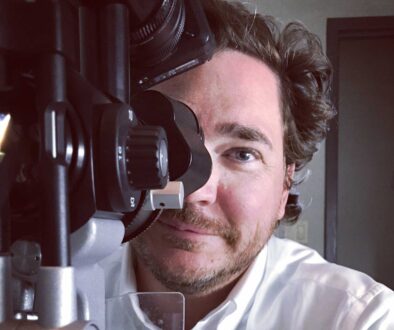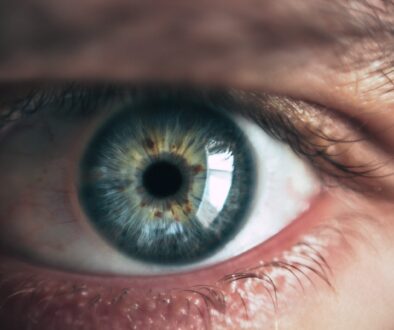New Discovery Between Cataract Surgery and Dementia Prevention

The National Eye Institute cited:
The Adult Changes in Thought (ACT) study is a long-standing, Seattle-based observational study at Kaiser Permanente Washington of more than 5,000 participants older than 65. Based on the longitudinal data of over 3,000 ACT study participants, researchers have now found that subjects who underwent cataract surgery had nearly 30% lower risk of developing dementia from any cause compared with those who did not. This lowered risk persisted for at least a decade after surgery. Cataract surgery was also associated with lower risk of Alzheimer disease dementia specifically.
Lead researcher Dr. Cecilia Lee, associate professor and Klorfine Family Endowed Chair in ophthalmology at the University of Washington School of Medicine, said the observational study adjusted for a number of potential confounders, yet still yielded a strong association.
“This kind of evidence is as good as it gets in epidemiology,” Lee said. “This is really exciting because no other medical intervention has shown such a strong association with lessening dementia risk in older individuals.”
What You Need to Know About Cataract Surgery
If you think you may have a cataract or are at risk of having one, the good news is that cataracts are extremely treatable. In fact, the main treatment for cataracts, cataract surgery, has a success rate of 98% among patients without preexisting eye problems, and clearer vision is reported by most patients within hours of the procedure. Because cataracts are degenerative, your eye doctor will likely suggest surgery as soon as a cataract is identified.
- Cataract surgery lasts just 10 to 20 minutes and is relatively painless, requiring only local anesthesia and allowing patients to recover at home instead of a hospital.
- It involves just three steps—corneal incision, opening of the capsule containing the cataract, and sectioning of the cataract into smaller pieces, all of which are performed by a laser with incredible precision.
- Once your clouded lens is removed, the surgeon will replace it with a new one, also known as an intraocular or artificial lens.
- This lens will remain in your eye indefinitely, bending light rays as they enter to help you see clearly.
- If more than one cataract is present, you will need to have one procedure at a time, waiting until the first eye is healed before you have the second.
All about Discovery Between Cataract Surgery and Dementia Prevention
DR. RUSS AND THE SHREVEPORT EYE SPECIALISTS TEAM CAN HELP YOU CHOOSE THE BEST OPTION FOR YOU WHEN IT COMES TO CATARACT SURGERY. GIVE US A CALL TODAY TO SCHEDULE YOUR CONSULTATION: 318-703-5655.










